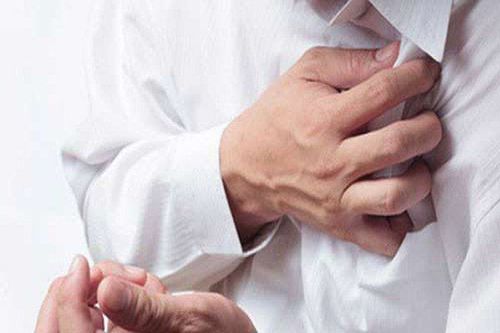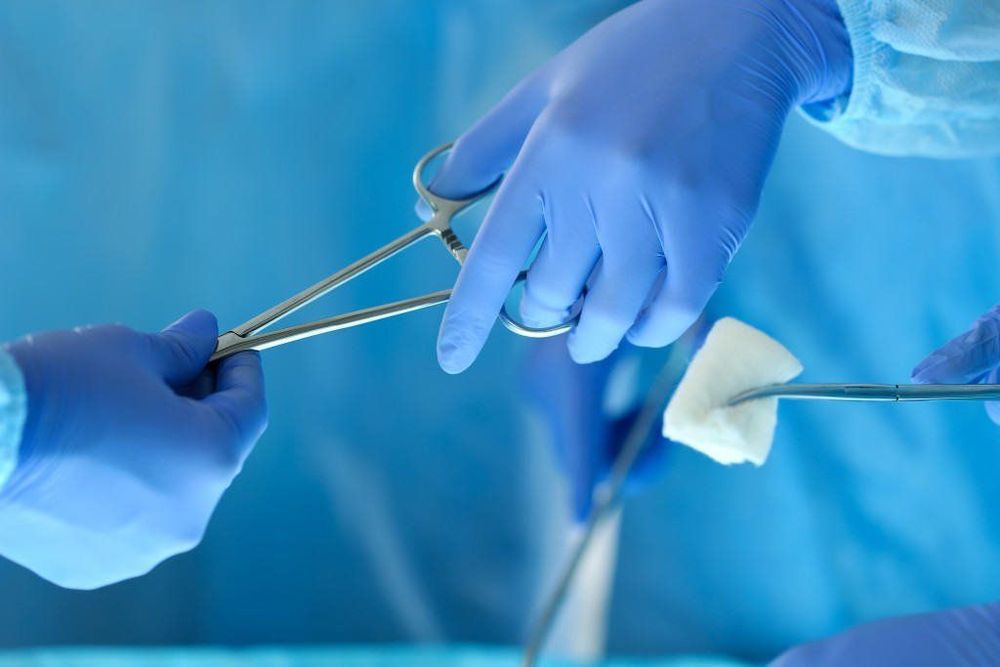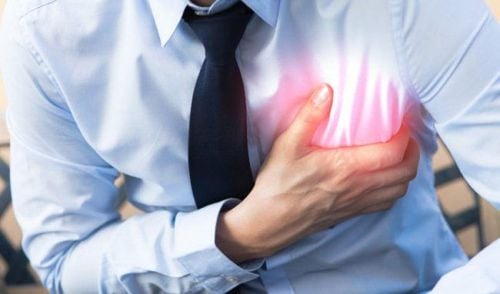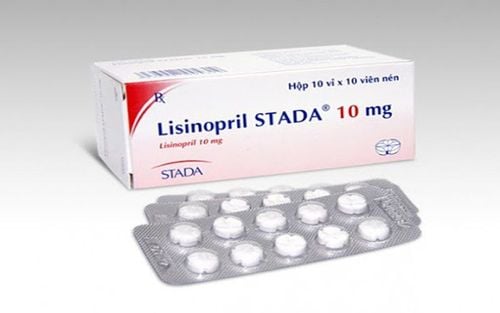This is an automatically translated article.
The article is professionally consulted by Master, Doctor Nguyen Tung Hoanh - Interventional Cardiologist - Department of Resuscitation - Emergency - Vinmec Nha Trang International General Hospital.Myocarditis is a medical condition in which the heart muscle becomes inflamed. Myocarditis can be chronic, or it can be sudden and acute. The disease, if prolonged, will weaken the heart muscle, reduce the contractility and pumping activity of the heart, affecting all body activities, even the risk of death. So how to diagnose myocarditis? How is myocarditis treated?
1. Diagnosis of myocarditis
1.1 Definitive diagnosis To make a definitive diagnosis of myocarditis, it is necessary to rely on both clinical and subclinical symptoms.Clinical manifestations:
Chest pain, shortness of breath, palpitations. Blurred heart sound is an early symptom, valuable in the diagnosis of acute myocarditis. Horse gallop, systolic murmur at the apex of the heart. Low blood pressure, fast heart rate, weak pulse. Laboratory signs:
Electrocardiogram: There are signs of atrioventricular conduction disorder (atrioventricular block I, II, III), intraventricular conduction disturbances, or arrhythmia, low cardiac potential, wave T flat or negative, ST segment elevation or depression. Cardiopulmonary X-ray: There is a large heart shadow, after treatment, the heart shadow is smaller, showing signs of circulatory stagnation in the lungs. Echocardiography shows dilated heart chambers, diffuse wall motion reduction, and in some cases, the formation of blood clots in the heart wall. Blood tests showed an increase in antibody titers to viruses and bacteria. Cardiac endothelium biopsy. 1.2 Differential diagnosis Clinically, it is necessary to differentiate myocarditis from a number of other diseases such as:
Heart disease:
Bacterial endocarditis. Heart valve disease such as mitral stenosis, tricuspid stenosis, aortic regurgitation ... Myocardial ischemia. Inflammation of the pericardium. Dilated cardiomyopathy. Cardiopulmonary disease. Noncardiac pathology:
Thyroid toxicity.

Biểu hiện lâm sàng của viêm cơ tim là đau tức ngực, khó thở, hồi hộp đánh trống ngực
2. Treatment of myocarditis
2.1 Principles of treatment In the treatment of myocarditis, patient care is the most important factor. Care should be taken not to let the patient have hypoglycemia, provide adequate nutrients and energy to the patient to ensure the functioning of the heart muscle cells. Combination of both symptomatic and etiological treatment. In case of acute myocarditis, the hemodynamics is greatly affected causing cardiogenic shock, it is necessary for the patient to receive intensive hemodynamic resuscitation, strengthen the intervention, use timely drugs, cardiac drugs... Treatment as a treatment patients with severe decompensated heart failure. Infusion of nitroglycerin or nitroprusside in patients with increased left ventricular diastolic pressure. Indication to switch treatment methods promptly as soon as the patient does not respond to the current treatment regimen. 2.2 Specific treatment For mild cases of myocarditis:The patient needs rest, a low-salt diet. Use antibiotics to fight and kill bacteria or antiviral drugs for cases of myocarditis caused by viruses. Early administration of corticosteroids or certain immunosuppressants in cases of giant cell myocarditis, eosinophilic myocarditis, or arrhythmic myocarditis threatens hemodynamic risk. Cardiovascular drugs to help increase myocardial circulation: ACE inhibitors: enalapril, capoten... Angiotensin II or receptor blockers. Beta blockers. Diuretics to reduce the risk of edema and fluid retention in the body. For severe myocarditis:
Need to actively resuscitate the patient. Use intravenous drugs to improve the heart's pumping function faster. Indications for the use of a ventricular assist device to create a temporary artificial heart. Can be used by implant or worn outside the body. Creates a pump that pumps blood into the aorta to help increase blood flow to the body while reducing pressure on the heart muscle. Using ECMO in combination with extracorporeal membrane oxygenation to increase blood oxygen content. In urgent cases, it is necessary to find and conduct heart transplant surgery in time to ensure the patient's life.

Trường hợp khẩn cấp cần tìm và tiến hành phẫu thuật cấy ghép tim kịp thời để đảm bảo tính mạng cho bệnh nhân
Patients need to see a specialist as soon as they detect abnormal signs on the body such as shortness of breath, palpitations, arrhythmias... for timely diagnosis and treatment, avoiding complications. later complications.
Ths.BS. Nguyen Tung Hoanh has experience and strength in Cardiovascular Resuscitation - Emergency: Hypertension, Peripheral Vascular Diseases, acute and chronic coronary artery diseases, ..in addition, the doctor also treats other diseases. Comorbidities such as: Diabetes, Hyperthyroidism, Hypothyroidism, Kidney diseases, respiratory diseases,.. Currently, Dr. Hoanh is an interventional cardiologist at the Department of Resuscitation - Emergency - Vinmec Nha Trang International General Hospital.
Please dial HOTLINE for more information or register for an appointment HERE. Download MyVinmec app to make appointments faster and to manage your bookings easily.













